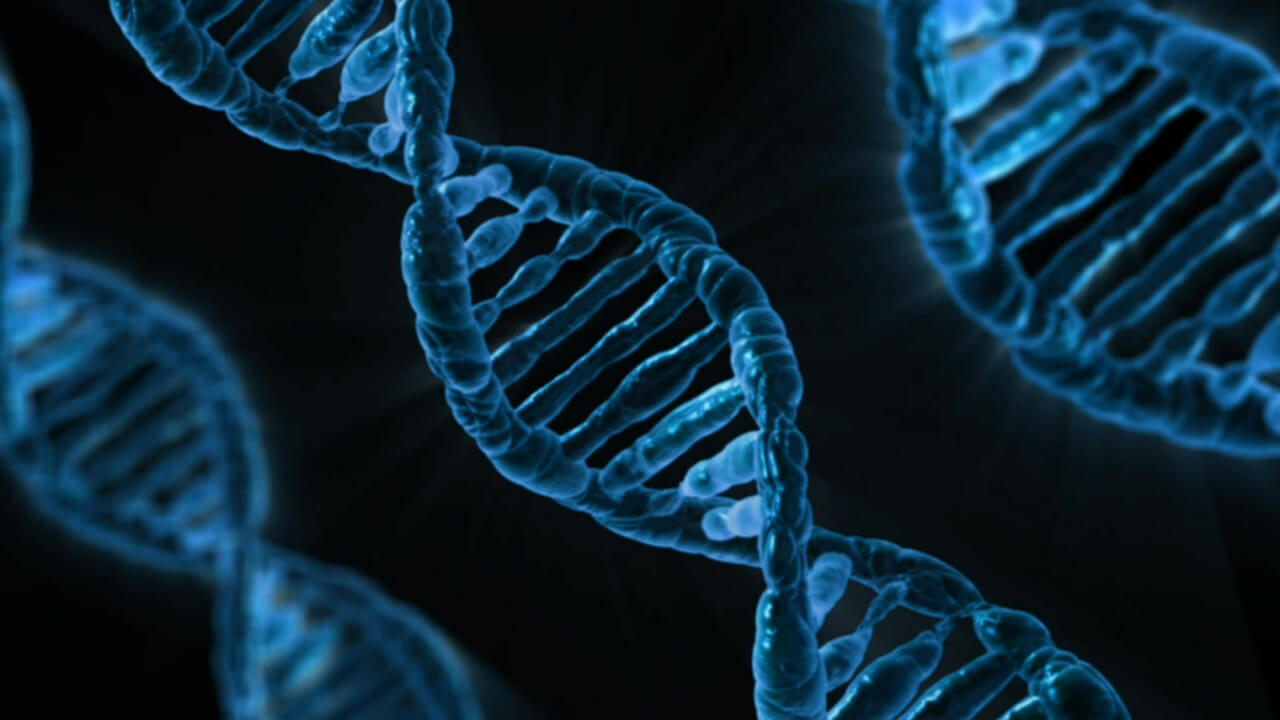- Get link
- X
- Other Apps

Researchers from the Life Sciences Institute at the University of Michigan and the Howard Hughes Medical Institute determined how satellite DNA, which was considered "junk DNA," plays a crucial role in genome assembly. The findings of scientists published in the journal eLife show that genetic "garbage" plays a vital role in ensuring the proper arrangement of chromosomes inside the cell nucleus, which is necessary for the survival of cells. And this function, apparently, was preserved in many species.
Why do we need "junk" DNA?
Pericentromeric satellite DNA consists of a very simple and often repetitive sequence of genetic code. And although it accounts for a significant part of our genome, satellite DNA does not contain any specific instructions for the creation of any specific proteins. Moreover, its repetitive nature was believed to make the genome less stable and more vulnerable to damage or disease. Until recently, scientists believed that the "junk", or "selfish", DNA plays no role and serves no purpose.
"We could not just accept the idea that it's just genomic trash," says Yukiko Yamashita, research professor at LSI and lead author of the study. "If we do not need it and we do not get anything from it, evolution would probably have gotten rid of it. But that did not happen".
Yamashita and her colleagues decided to see what would happen if this cell did not use pericentromeric satellite DNA. Because it exists in the form of long repeating sequences, scientists can not simply mutate or cut out all of the DNA from the genome. Instead, they assigned the case to the D1 protein, which binds to satellite DNA.
Scientists removed D1 from cells widely used for testing the body, Drosophila melanogaster (fruit fly). And then they discovered that the germ cells - which usually turn into sperm or ova - die.
Further analysis showed that the dying cells formed micronuclei or tiny buds outside the nucleus, which included parts of the genome. Without the whole genome encapsulated in the nucleus, the cells could not survive.
Scientists believe that the protein D1 binds to satellite DNA, collecting all the chromosomes in the nucleus. If the protein D1 can not capture satellite DNA, the cell loses its ability to form a complete nucleus and dies. Further tests have shown that satellite DNA is necessary for the survival of cells in different species that integrate DNA into the nucleus, including humans.
The article is based on materials .
- Get link
- X
- Other Apps
Comments
Post a Comment